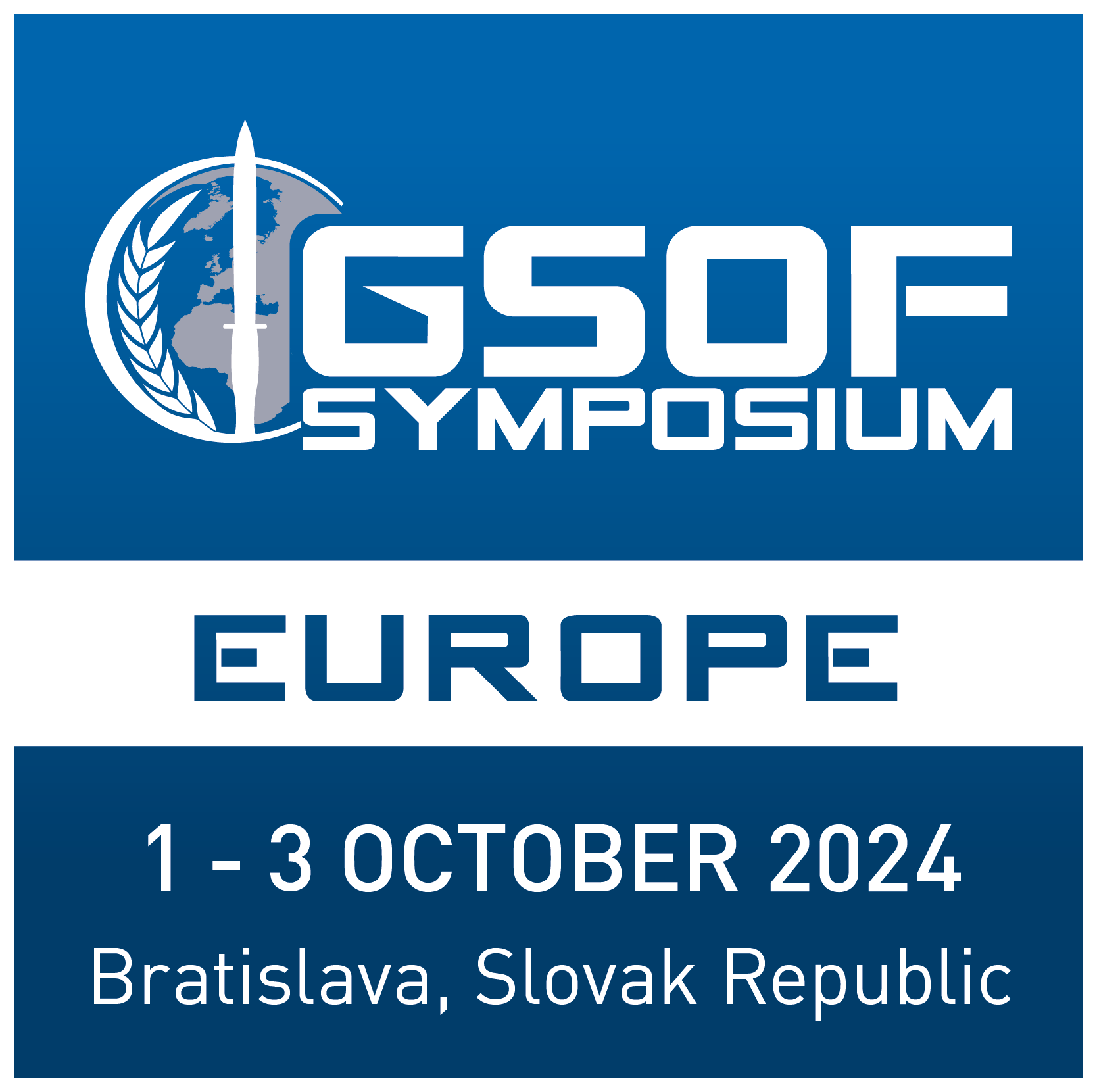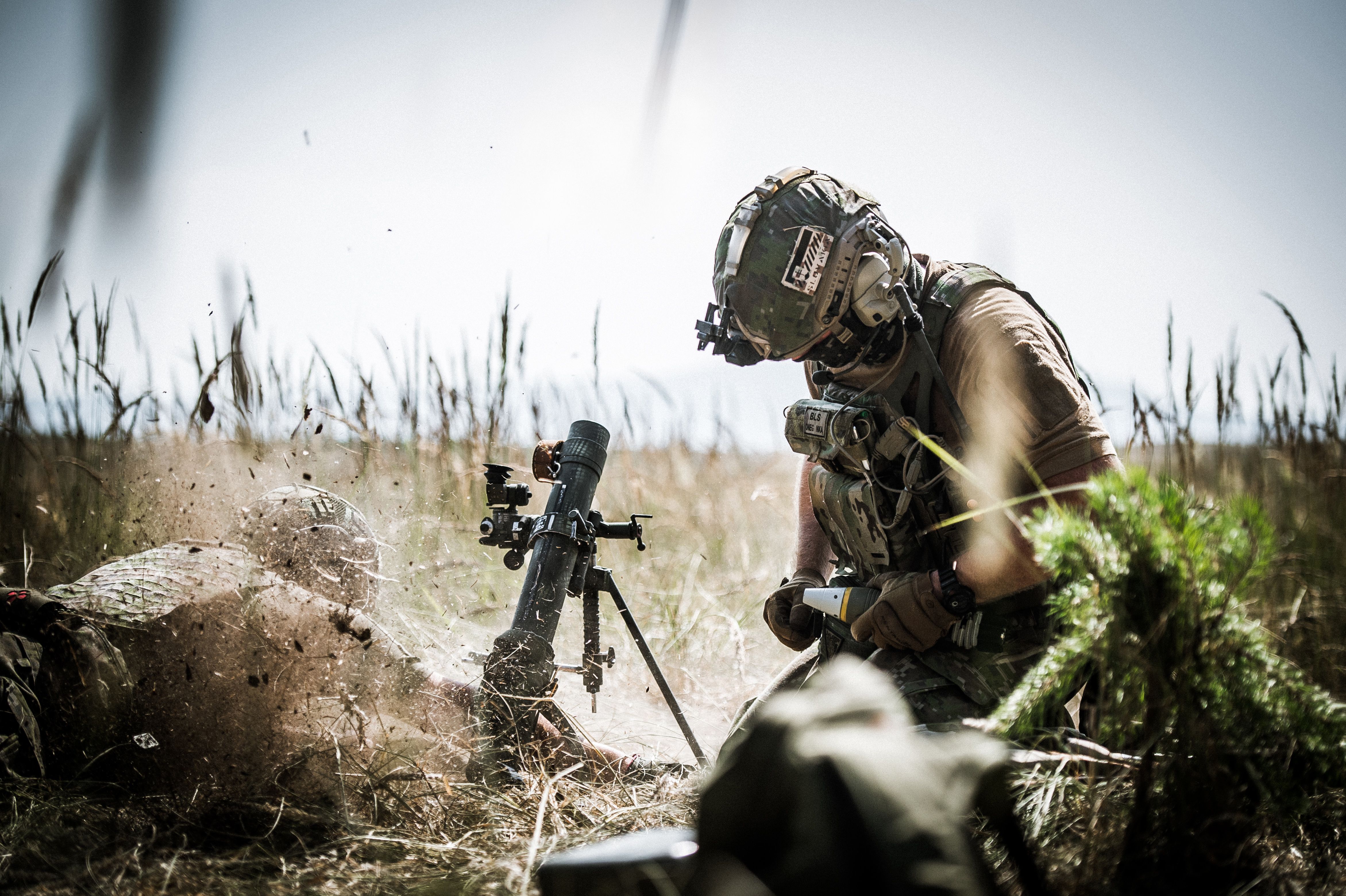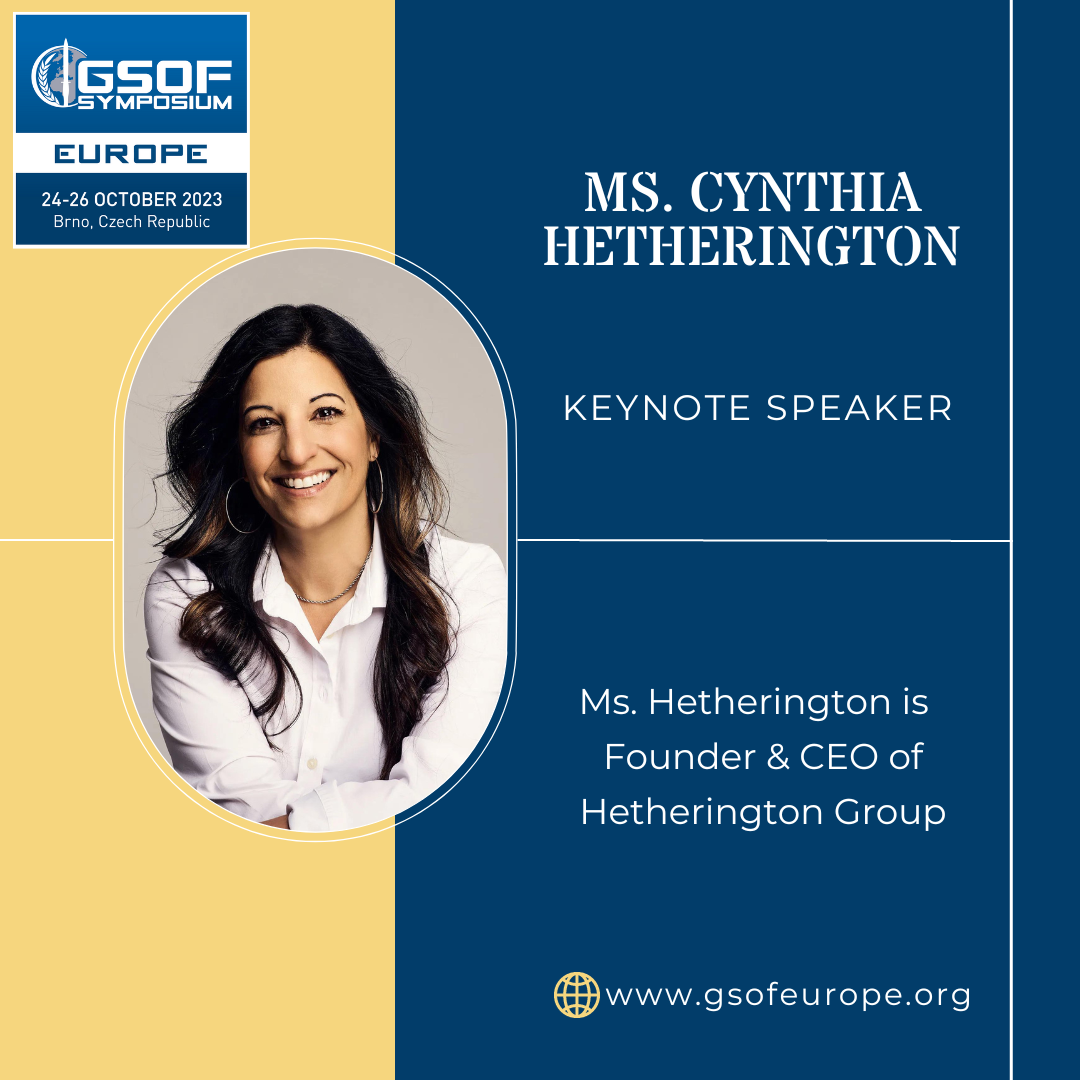Perhaps you could tell us a little bit about who you are, your career, whether you’ve been to GSOF before and what you're looking forward to as a keynote speaker at GSOF.
I do feel that it’s unusual for a librarian to be invited to the stage of GSOF, so I have a bit of an impostor syndrome, but I do understand my purpose for being there and I'm very focused on bringing good content. I am a librarian by training, design and calling, yet at the beginning of October, I celebrated 24 years as a business owner in the private investigations, intelligence and security industry. Since the very early 1990s, predating Google, when someone was really stuck on trying to find an information source or an answer to something they went to the librarian, and we would help them find the best vetted resource to help answer those questions. So, after a while I realized that there was another side to what I was doing – I saw the synergy of skills from librarian to private detectives and even computer forensics, I jumped in to fill the gap in that market. Now I am here because of the strength, the work, the development and the structure that we’d been doing for a quarter century – things opened up for us and I became what you now know as an open source intelligence analyst. Yet in truth, I’ve been doing this before it was a buzzword. We conduct open source intelligence for the world's largest and most recognizable brands. We’re a small company of less than 30 people and have the Fortune 50 as our customers. Things have developed further over the last few years, particularly since COVID, and we now work with the military, teaching them to do what I do. We did have to learn how to do things differently, in that their world was different to mine but once we’d worked that out, we inserted ourselves into their environment, and more recently I’ve hired a retired SOF professional and expert to continue our global professional footprint, most especially for the SOF community. I've been teaching and working with the military for many years now, which has been an amazing journey, and I’m delighted that we continue to be recognized for our efforts and how we can assist this community.
As a GSOF keynote speaker, perhaps you could give us a feel of some of the key elements that you think you'll be trying to get across in your keynote?
From attending intelligence summits and conferences such as GSOF, I have seen, at least from the American perspective, every division of our DOD, Coastguard, Space, all saying the same thing - we want more data, we need a synthetic environment to practice in. That makes me scratch my head, because words matter. I'm a librarian, words really matter to me, and I respond, they don’t need more data. They want answers. They are decision makers. They do not need to be flooded with data. As librarians, we break down information into three parcels– data, information and knowledge. Now our warfighters have realized that they're all in the same operating environment - the internet. The military has been fighting battles since Sparta and Athens. What I say is, please don't forget that the Alexandria library was one of the things they were fighting for. I'm trying to bring to that stage a knowledge ecology that our warfighting leaders can adopt. I've been teaching in the information and intelligence field for 30 years. I’ve taught professionals from law enforcement, FBI, CIA. I've taught at The Hague. I've been to Singapore, Peru. And every time, I'm asked to teach the fundamentals of how to do proper research. They need to understand that if they are out in the field with a cellphone in their hand and only the internet, how to get the information that will help save their life. Can the device in their hand do this for them? This is what I’m teaching – I make sure that what they learn is transferable from the stage to theatre. I don't care if you speak Czech. I don't care if you speak Italian, Spanish or English. Research is research. Everything changes. Nothing changes.
If we look at GSOF as a Conference and Exhibition, why do you think that it's important for attendees and partner nations to attend?
Anytime I talk about any information requirement for a new group or organization I'm always going to talk about collaboration. Librarians by nature are collaborators. In fact, we're the most non siloed institution that you'll ever meet. I do believe it’s a calling, which I still believe in. From my perspective, it’s important to get people to understand how to use information and how to pass it on. With the advent of social media, we can actually take a message and influence everything. In my business, we spend a lot of time looking at how people manipulate information. What you don't see in the media or news is how we are able to protect the community, our client's brand or their products, and also the person themselves perhaps from doing something that they would later regret. Within this GSOF world and these communities, these people do this for real. What I mean is when an intelligence analyst is sitting behind a desk looking at the communications that are going back and forth, either through their special networks, or just frankly, on their open source networks, and they see a comms that perhaps says something about the Ukraine, they take that very seriously. Unfortunately, what's happening is that as humans we're also a very large machine, and it can take us forever to adapt and adopt. What my team and I can do is teach these groups how to take that information and use it sensibly in their own environments.
What are you personally looking to get out of GSOF?
I’m looking forward to meeting colleagues who are in different types of uniforms and organizations but who have the same and equal responsibilities that my colleagues and I have. For me it’s all about sharing information and transferring knowledge.
How important do you feel exhibitions and conferences, such as GSOF, are, including the discussions, the different keynotes, the different panel sessions.
This conference is monumental. It's kind of a gee whiz, wow moment for me. I’m hugely impressed by the importance and experience of the attendees – military, speakers and companies – and how they’re working together, sharing information and sharing systems like the internet. They are war fighters, that we hope make good decisions for us. And meeting those who protect us based on their oath, sworn to their country. I am gracious and appreciative of that. Yet, I've still wondered why they invited me, but I'll tell you, I've had nothing but great admiration.
Is there anything else you’d like to add, maybe that we haven’t covered already?
I understand that the mission is to make the GSOF community better. Overall, that mission is aligned with my personal and with my company mission, which is to make the world a safer place. I think we're in alignment and I’m looking forward to participating now and in future events, carrying this conversation forward. I would like to leave one little caveat for every one of those organizations that are out there. They all have libraries attached to their organizations. There is an Army librarian out there and I'm sure there's a Czech Republic Army librarian out there too, these are hidden gems. Sometimes they have to look past their big and bold intel apparatus and look at the quiet bookbinders in the background. We are all here to help make all of us a safer community in a safer world.


